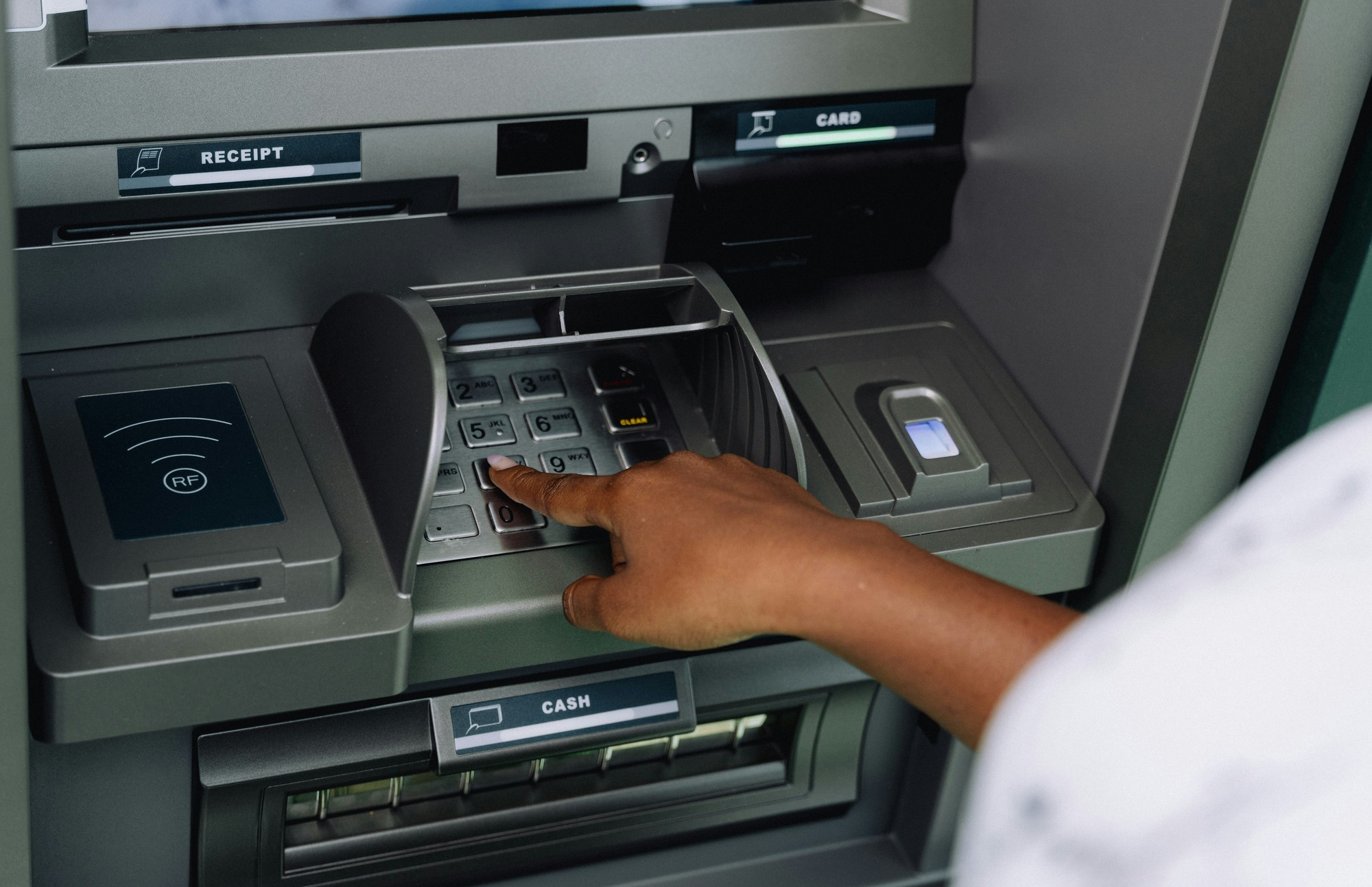
Imagine checking your account, only to discover your money’s unavailable—frozen without warning. No fraud alert. No warning text. Just a sudden lock on your own cash. It happens more than you think, and the culprit isn’t always a scam or security breach. Sometimes, it’s an innocent mistake.
Credit unions, while community-focused and customer-friendly, still operate under strict federal and internal regulations. That means they can—and will—freeze accounts temporarily if anything looks slightly suspicious or violates policy.
The worst part? Many of these account holds stem from totally innocent missteps by account holders who never saw it coming. Let’s look at 11 seemingly harmless actions that could trigger a freeze on your funds and what you can do to avoid them.
1. Depositing a Large Check All at Once
If you rarely deposit large checks, a sudden five-figure deposit can set off alarms. Credit unions may place a temporary hold on the funds while they verify legitimacy, even if the check is legitimate.
2. Transferring Between Too Many External Accounts
Linking multiple external accounts (like from online banks or payment apps) and moving funds frequently can make your activity appear evasive or suspicious. Even if you’re just trying to consolidate, this might trigger an internal risk review.
3. Inconsistent Deposit Patterns
If you usually deposit a few hundred dollars a month and suddenly deposit thousands (or the reverse), your account could be flagged. Credit unions look for patterns, and deviations from your norm can raise red flags.
4. Using Personal Accounts for Small Business Transactions
Selling crafts on Etsy or accepting payment for freelance work? If you’re running those payments through a personal credit union account, you might be violating their terms of service. That could lead to an account hold or even closure.
5. Transferring Money Immediately After It Hits
Withdrawing or transferring a large deposit as soon as it clears may appear suspicious, especially if you do it repeatedly. Credit unions are cautious of layering tactics often used in money laundering.
6. Receiving Payments from International Sources
Even legitimate payments from clients, family, or friends overseas can prompt additional scrutiny. If you haven’t pre-notified your credit union or set up the right kind of account, this might result in a freeze while they verify the source.
7. Logging In From Multiple IP Addresses in a Short Span
If you’re accessing your account from multiple devices or locations (say, from your phone on the road and a hotel Wi-Fi a few hours later), that could look like an account compromise attempt, prompting an automatic lock or freeze.

8. Making Frequent ATM Deposits
Oddly enough, making several ATM deposits in a short timeframe, especially of checks or cash, can raise concerns. Credit unions may delay the availability of the funds or restrict access until everything clears.
9. Triggering Too Many Overdrafts
Consistently overdrafting, even if it’s unintentional, can be seen as risky behavior. It may not freeze your account entirely, but it could prompt a partial hold on certain transactions, particularly pending deposits.
10. Failing to Update Contact Info
If your phone number or email is outdated, and your credit union can’t reach you to verify a transaction or alert you to suspicious activity, they may err on the side of caution and freeze the account until you’re contacted and verified.
11. Connecting to Third-Party Budgeting Apps
Apps like Mint or YNAB are great for tracking finances, but if you link your credit union account through one of these, it can occasionally trigger security concerns, especially if the app pings the account too often or appears as unusual traffic.
Don’t Panic, But Do Prepare
Most account freezes aren’t permanent, and they’re rarely personal. But that doesn’t make them any less inconvenient. Having your money on hold, especially when rent is due, or an emergency pops up, can quickly become a nightmare.
To stay ahead, communicate with your credit union before making major changes to your account behavior, and always keep your contact info up to date. A simple heads-up or policy check-in can go a long way toward preventing a totally avoidable lockout.
Have you ever had your account frozen for something totally innocent? What happened, and how did you resolve it?
Read More:
10 Tiny Transactions That Can Freeze Your PayPal Balance Overnight
